Organizational structure
The AERC organizational structure was created to promote research agenda independence and resource management accountability. The Board of Directors determines policy directives and multi-year strategies.
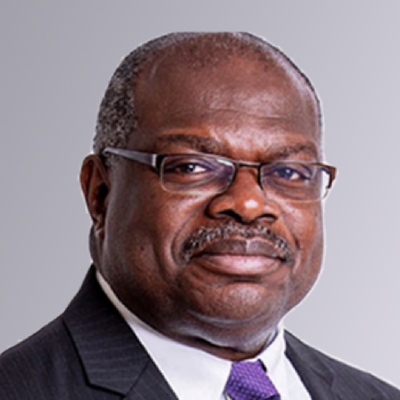
Chair of the Board; Director at Large; Secretary General, African Research Universities Alliance (ARUA), University of Ghana.
Prof. Ernest Aryeetey was appointed as the new African Economic Research Consortium (AERC) Board Chair on 1 April 2021.
Prof. Aryeetey is currently the Secretary-General of the African Research Universities Alliance (ARUA) and a former Vice-Chancellor of the University of Ghana. One of his strategic priorities as Vice-Chancellor was to develop the university into a research-intensive institution that supports structural transformation in Ghana and Africa.
Prior to his appointment as Vice-Chancellor, he was a Senior Fellow and Director of the Africa Growth Initiative at the Brookings Institution, Washington, D.C. He was also Director of the Institute of Statistical, Social and Economic Research (ISSER) of the University of Ghana, Legon, for the period February 2003 – January 2010.
Prof. Aryeetey has been associated with the AERC since its inception in 1988 and has served in various capacities: as a Resource Person, member of the AERC Programme Committee (2005-2009), thought leader, presenter, and discussant of policy papers at AERC flagship events, and recently as a “Director at Large” on the AERC Board. Prof. Aryeetey, jointly with Prof. Frances Stewart, carried out the evaluation of the AERC Strategic Plan 2015-2020, whose recommendations informed the strategic directions for the AERC over the period 2020-2025.
Ernest was the chairman of the Board of the United Nations University World Institute for Development Economics Research (UN-WIDER), Helsinki (2009-2015). In April 2016, he was appointed by United Nations Secretary-General Ban Ki-moon and Director-General Irina Bokova of the United Nations Educational Scientific and Cultural Organisation (UNESCO) to the governing council of the United Nations University. In addition, he served as a Member of the Board of the Global Development Network (GDN) (2004-2009) and remains a member of the Governing Board of the Centre for Development Research (ZEF) at the University of Bonn, Germany. Until April 2019, he was the Board Chair of Partnership for African Social and Governance Research (PASGR) in Nairobi, Kenya.
Ernest’s research work focuses on the economics of development with interest in institutions and their role in development, regional integration, economic reforms, financial systems in support of development and small enterprise development. He is well known for his work on informal finance and microfinance in Africa and has consulted for various international agencies on several development and political economy subjects.
Professor Aryeetey studied Economics at University of Ghana and then undertook graduate studies at the Universitaet Dortmund, Germany completing his PhD in 1985. In July 2017, he was awarded an honorary degree by the University of Sussex, UK, for his contribution to the study of African economies and higher education transformation in Africa.
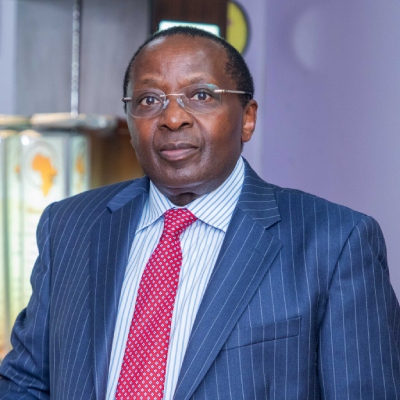
Executive Director
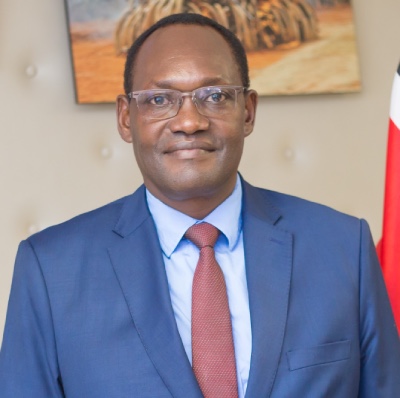
Principal Secretary, National Treasury & Economic Planning.
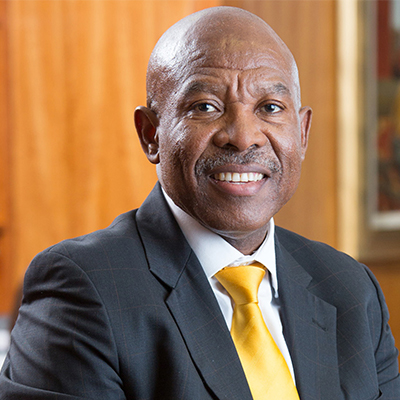
Group Institutional Director representing The AERC Central Bank Governors' Forum; Governor, South African Reserve Bank
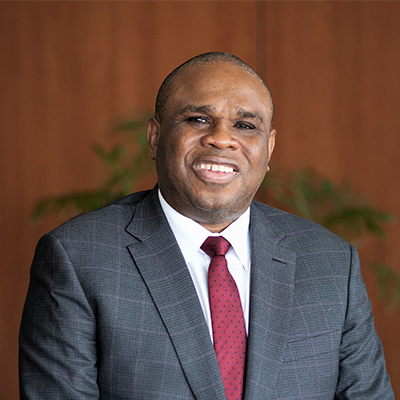
Institutional Director representing The African Export-Import Bank; President and Chairman of the Board of Directors, Africa Export-Import Bank, Cairo, Egypt
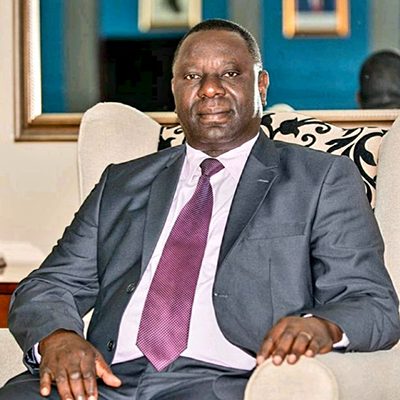
Institutional Director representing Trade and Development Bank; Managing Consultant, Premier Consult Ltd, Lusaka, Zambia
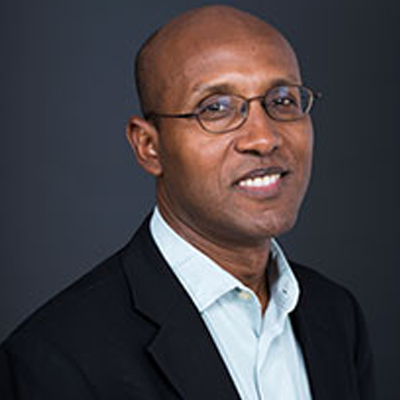
Chief Economist, Africa, World Bank
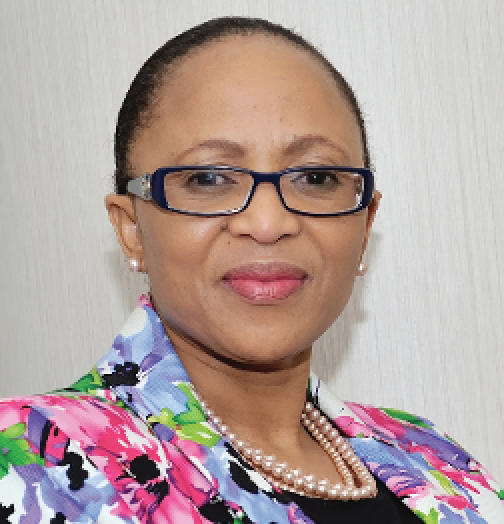
Director at Large: Minister of Finance and Development Planning in the Government of Lesotho.
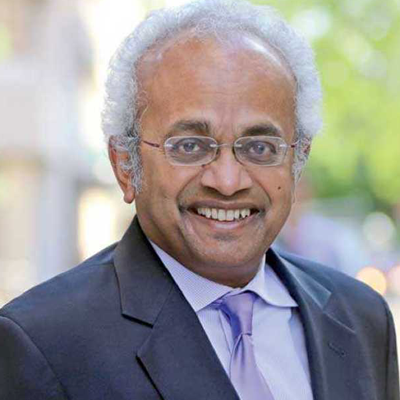
Director at Large, Teaching Professor of the Practice and Chair, International Development Concentration, Georgetown University’s Edmund A. Walsh School of Foreign Service.
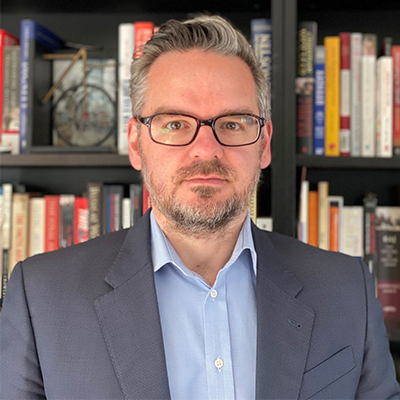
Secretary to the Board; Director at Large; Fellow, University of Potsdam; Visiting Adjunct Professor, Wits University, Johannesburg, South Africa

Director at Large; Director of Global Initiatives, Alliance for Human Development Lunenfeld -Tanenbaum Research Institute, Toronto, Canada
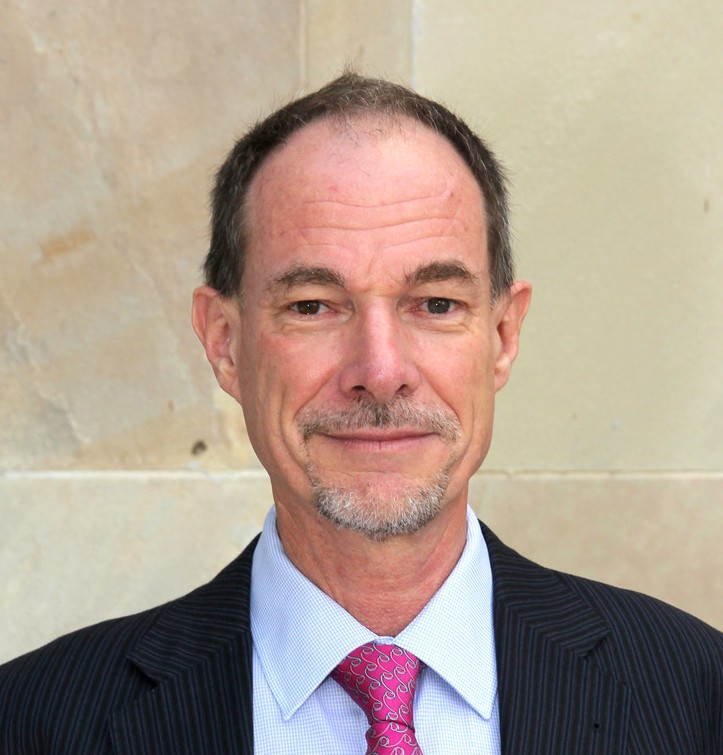
Treasurer to the Board; Director at Large; Senior Policy Advisor, Ministry of Finance and Economic Development, Botswana

Vice-Chair of the Board; Institutional Director representing the Foreign, Commonwealth & Development Office (FCDO); Professor of Development Economics, University of Oxford and Fellow, Pembroke College, UK
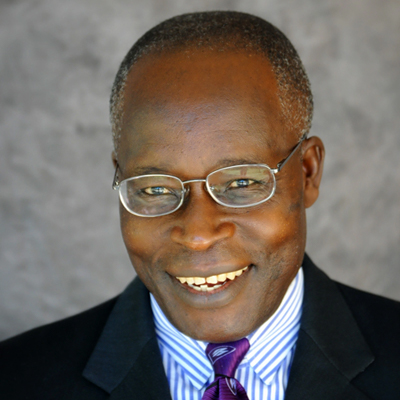
Chair of the AERC Programme Committee; Presidential Distinguished Professor of Economics, Weber State University, USA
John Mukum Mbaku is a Brady Presidential Distinguished professor of economics and John S. Hinckley Fellow at Weber State University. He is also a non-resident senior fellow at The Brookings Institution in Washington, D.C., and an attorney and counselor at law, licensed to practice in the Supreme Court of the State of Utah, the U.S. District Court for the District of Utah, and the U.S. Supreme Court.
He received his PhD in economics from the University of Georgia and his JD in law and graduate certificate in natural resources and environmental law from the S. J. Quinney College of Law at the University of Utah. He is a resource person for the Kenya-based African Economic Research Consortium. Professor Mbaku also holds a B.S. (Chemistry) from Berry College (Mount. Berry, Georgia), a B.A. (French Language and Literature) from Weber State University (Ogden, Utah), and an International MBA (IMBA) from the University of South Carolina.
His research interests are in public choice, constitutional political economy, sustainable development, law and development, international human rights, intellectual property, rights of indigenous groups, women and children, trade integration and institutional reforms in Africa.
Mbaku is the author of Corruption in Africa: Causes, Consequences, and Cleanups (Lexington Books, 2010) and (with Mwangi S. Kimenyi) of Governing the Nile River Basin: The Search for a New Legal Regime (The Brookings Institution Press, 2015) and Protecting Minority Rights in African Countries: A Constitutional Political Economy Approach (Edward Elgar, 2018).
On May 22, 2017, John Mukum Mbaku, was admitted and qualified as an Attorney and Counsellor of the Supreme Court of the United States.
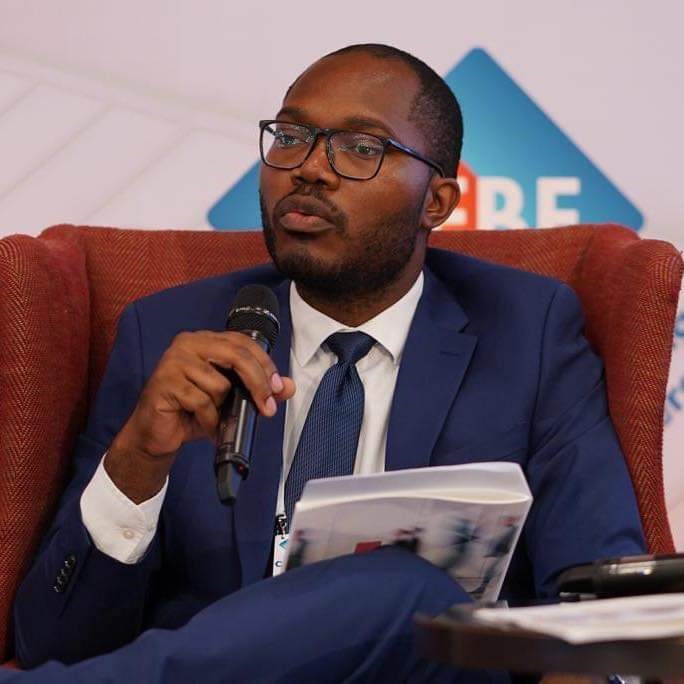
Head IMF Office in Nigeria The International Monetary Fund (IMF)

OIC Director, African Development Institute & Division Manager, Policy Management African Development Institute African Development Bank
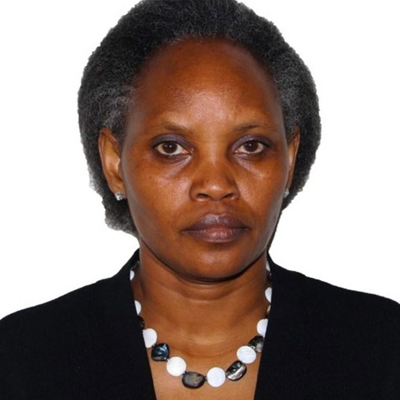
Executive Director, Kenya Institute for Public Policy Research and Analysis
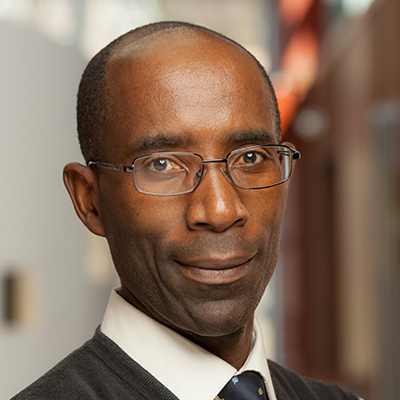
Distinguished Professor & Director, African Development Policy Program, Political Economy Research Institute University of Massachusetts Amherst, USA
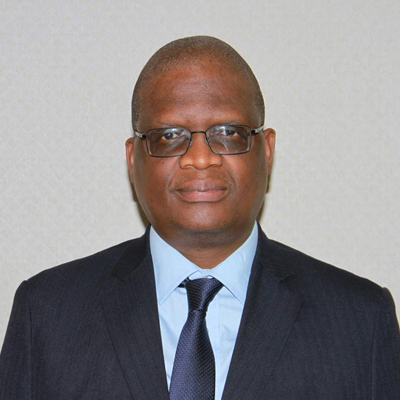
Deputy Governor, Reserve Bank of Zimbabwe
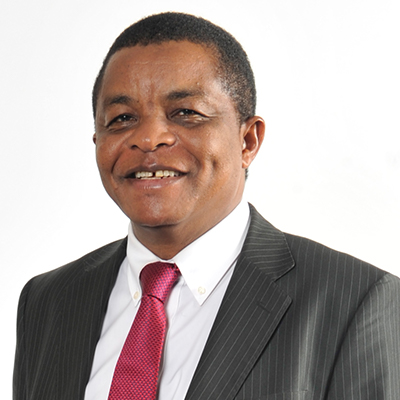
Former Commissioner, Kenya Revenue Authority
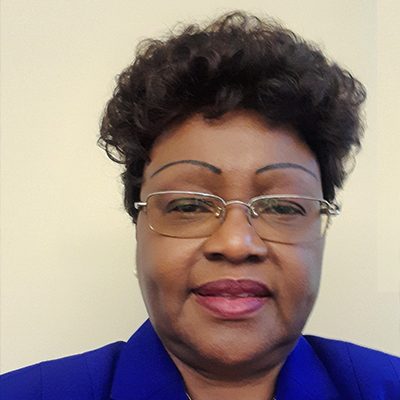
Former Deputy Governor, Bank of Malawi

Chair in Development Policy, University of Konstanz, Germany
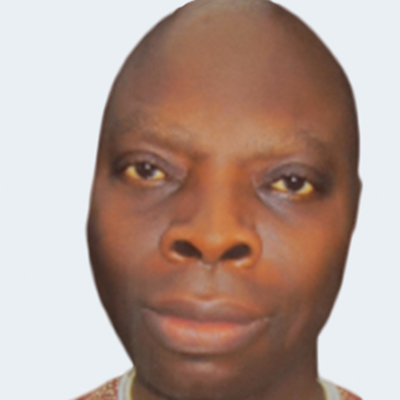
Professor, Department of Economics, University of Ibadan, Nigeria
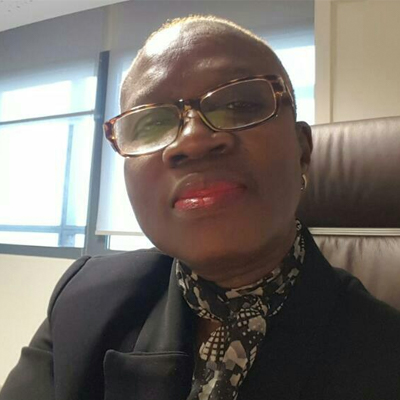
Professor, CAPEC, Côte d’Ivoire
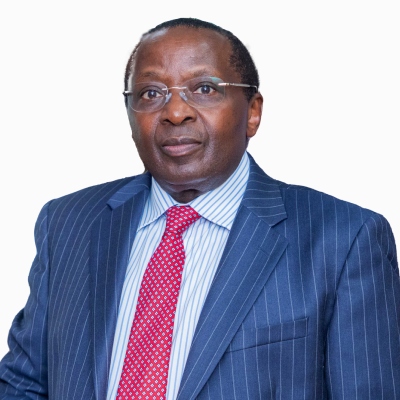
Executive Director
Prof. Victor Murinde is the new Executive Director of the African Economic Research Consortium (AERC). He joins AERC from the School of Oriental and African Studies (SOAS) University of London, where he has been serving as an AXA Professor of Global Finance. Prof Murinde is a distinguished financial economist with more than 25 years of experience post-PhD, mainly involving university research and teaching, but also including senior-level stints in practitioner, policy, and consultancy roles for governments and leading international organizations.
He enjoys fundamental knowledge of the AERC, its mandate, structure, and the operationalization of the AERC Strategic Plan, having previously served on the AERC Programme Committee and across the research, training, and policy outreach components. In his scholarly endeavours, Prof Murinde has contributed over 120 research papers on economics, banking, and finance topics. He was also the founding Director of the African Development Institute at the African Development Bank (2011-2014); and carried out major consultancy projects for a range of international organizations.
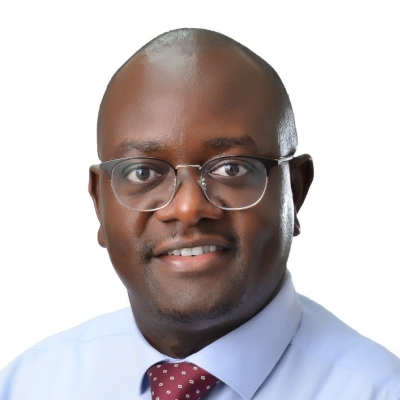
Chief Finance Officer
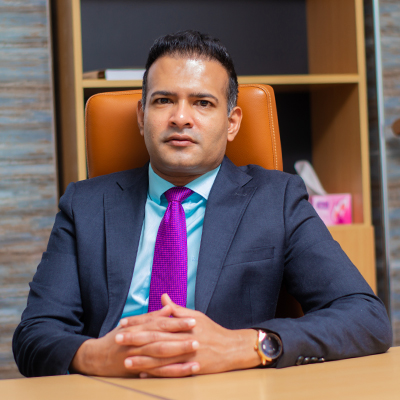
Head of Communications, Policy Outreach and ICT
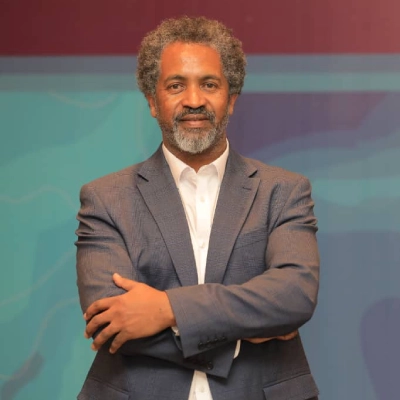
Director of Research

Manager, Finance
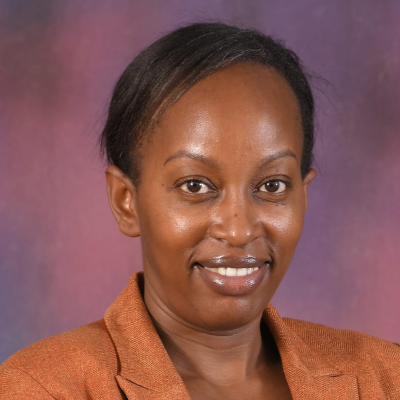
Manager, Human Resources & Administration

Lead Manager, Training
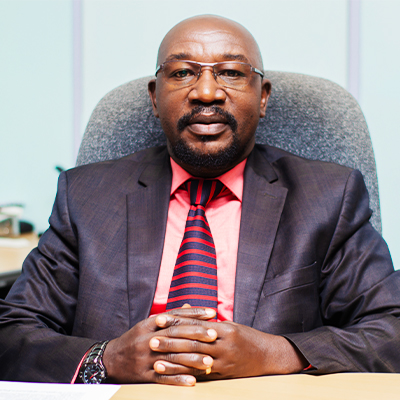
Manager, Strategic Partnerships and Resource Mobilization
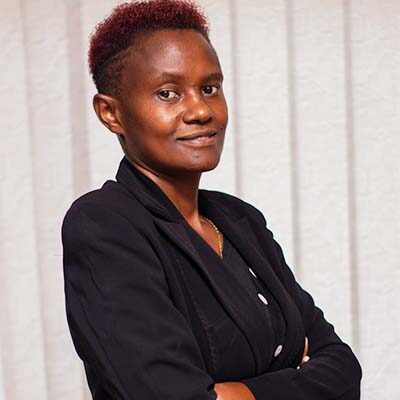
Manager, Collaborative Research
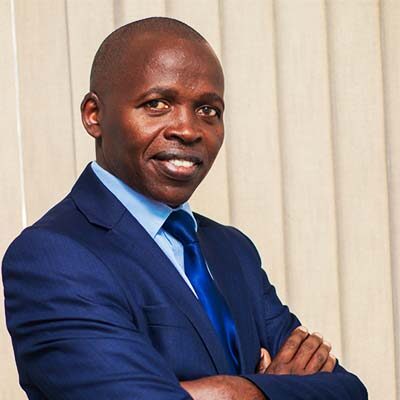
Manager, Training

Manager, Thematic Research
AERC is supported by donor governments, multilateral organizations, private foundations and international organizations. Representatives of some of these bodies form the Board of Directors, which is AERC’s governance body. The AERC Board has 5–18 directors appointed by donor organizations (institutional directors) and others (directors-at-large) appointed in their personal capacity on account of the expertise needed for the proper functioning of the Board. The Executive Director of AERC is an ex-officio member of the Board with voting power. The Chair of the Programme Committee is an ex-officio member without voting power.
Funders
The following list includes current Funders of the Consortium:

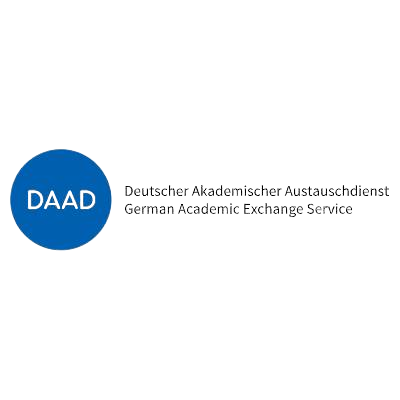
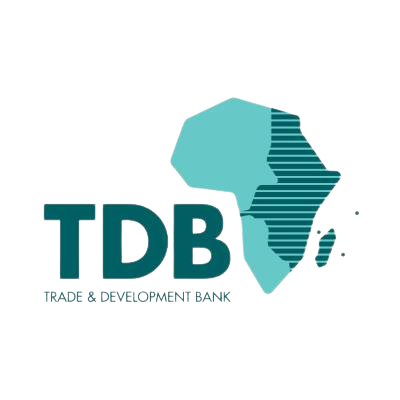

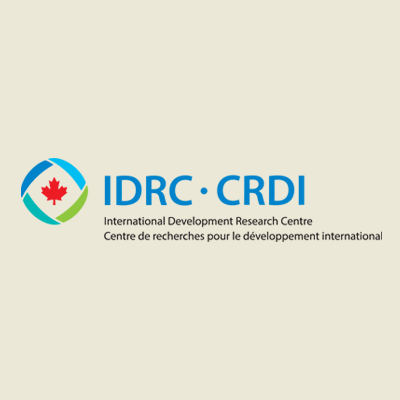
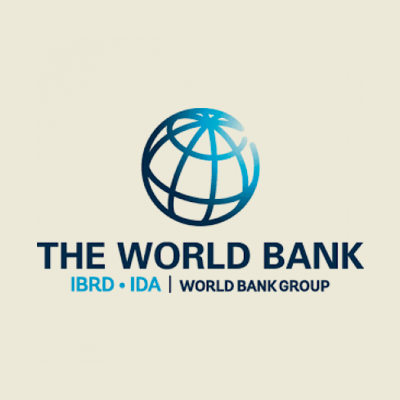


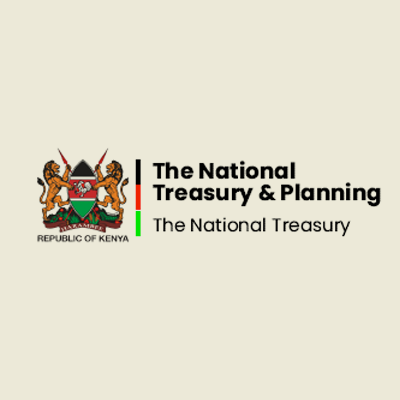


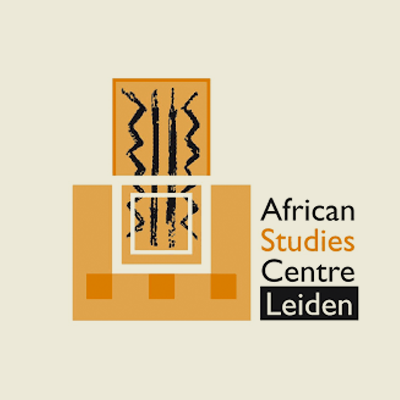
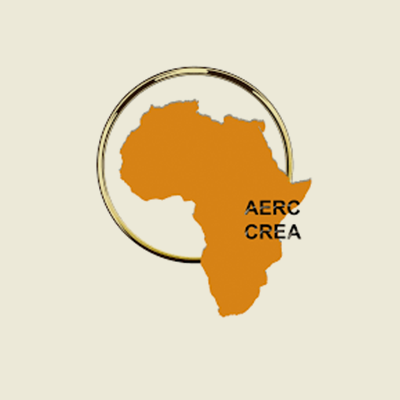


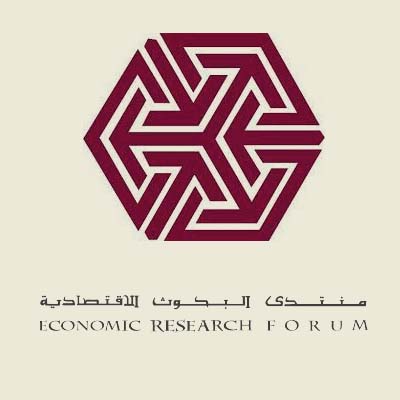
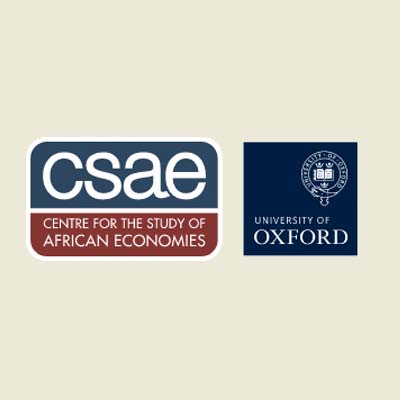
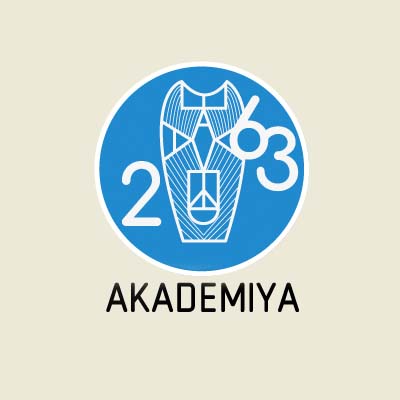
In 2014, African Economic Research Consortium established the African Central Banks Governors’ Forum to ensure African stakeholdership for the long-term sustainability of the organisation’s mission and work on the continent. Currently, 12 Central Banks are represented within the Forum. The Governors Forum meets annually and is governed by The Livingstone Resolution.
Sustaining AERC’s Advancement and Impact
The Governor’s Forum sustains AERC’s Advancement and Impact by:
Membership Benefits
For Central Banks and Central Bank Governors across sub-Saharan Africa, membership provides the following opportunities to build and strengthen economic research and training capacity:
For more information or to become a member, please contact Charles Owino, Manager, Strategic Partnerships and Resource Mobilization: charles.owino@
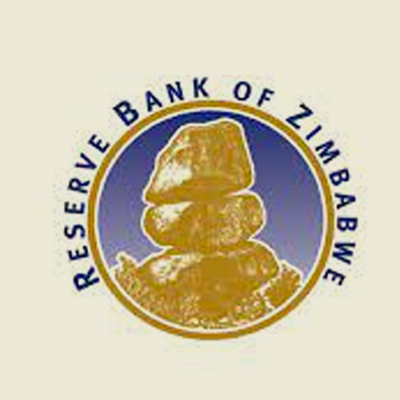
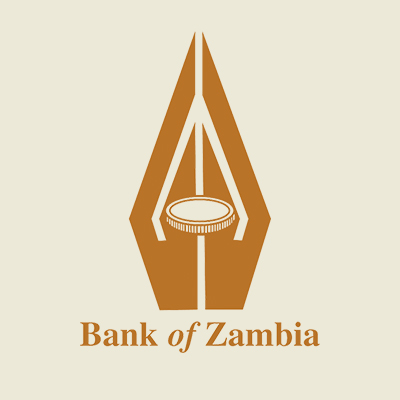
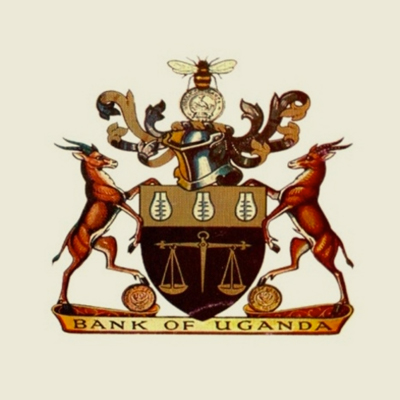
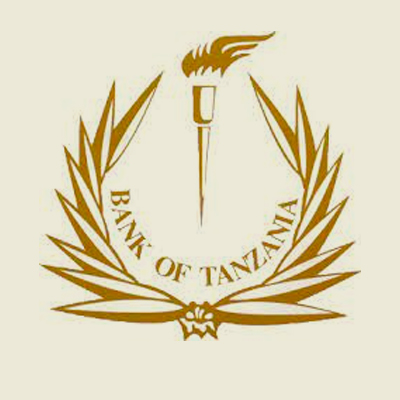

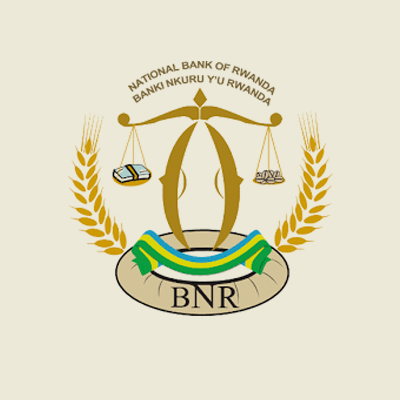
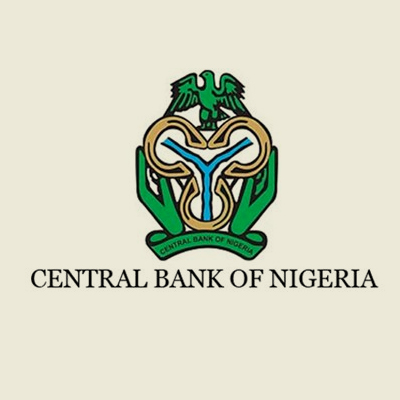
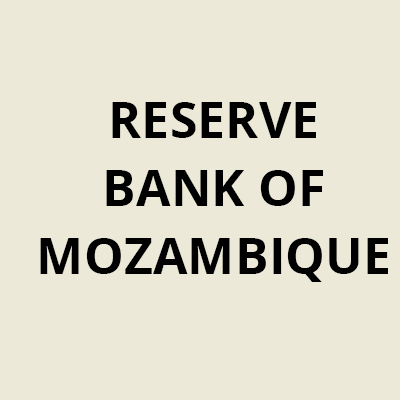

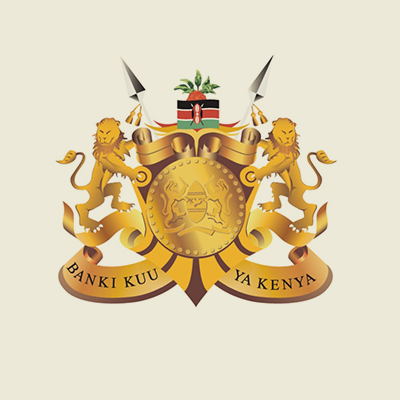
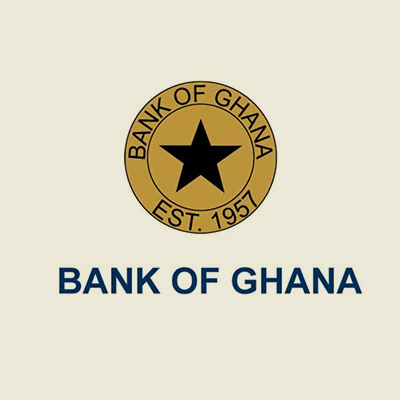
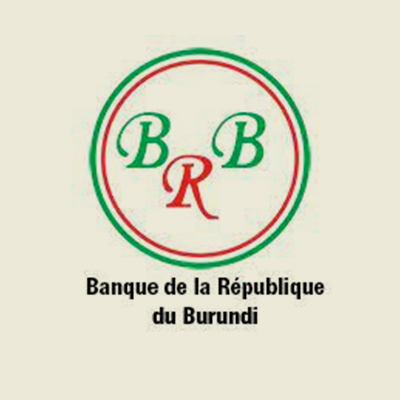
© 2025 All Rights Reserved